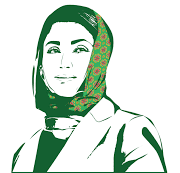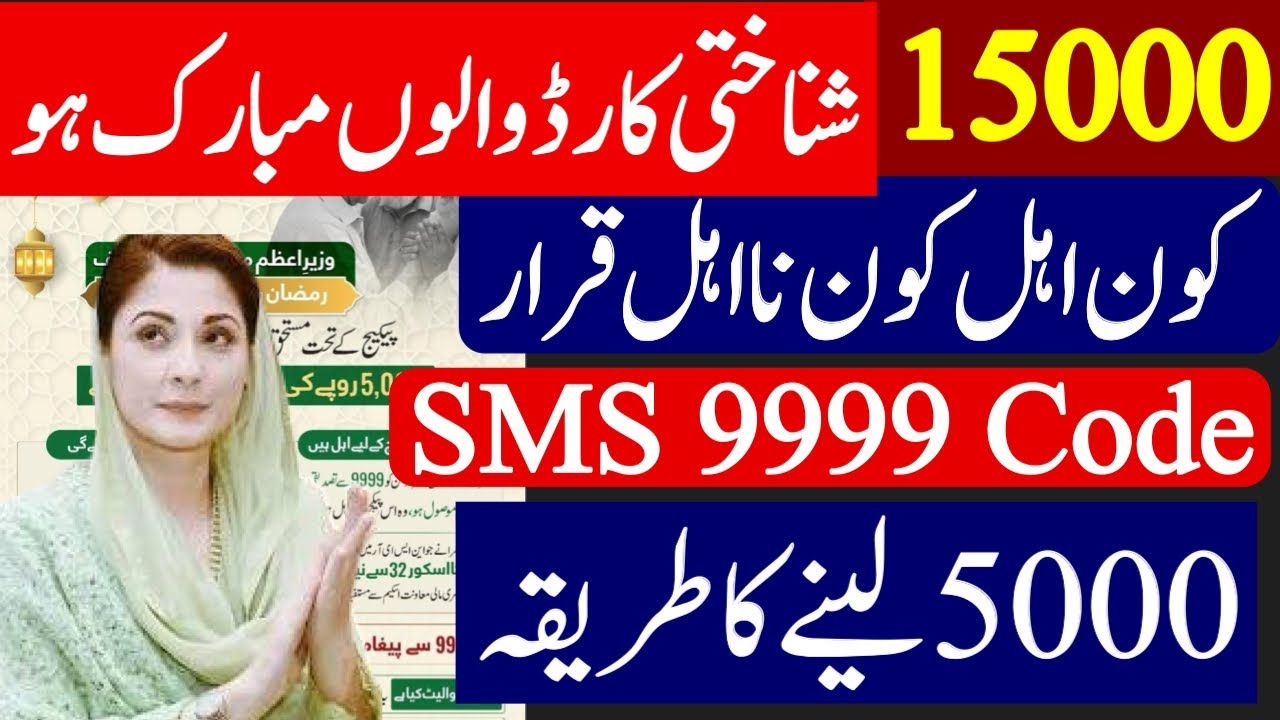How to Apply Online for the 8171 Ramzan Package 2025 in Punjab:
The Government of Punjab has introduced the 8171 Ramzan Package 2025 to provide financial assistance to low-income families during the holy month of Ramadan. This initiative aims to alleviate financial burdens and ensure that deserving households can observe Ramadan with ease. This guide offers detailed information on eligibility criteria, the application process, and how to check your application status online.
8171 Ramzan Package 2025
The 8171 Ramzan Package 2025, also known as the Nigahban Ramadan Package, is a government initiative designed to provide financial aid to underprivileged families in Punjab during Ramadan. Eligible families will receive Rs. 10,000 to assist with household expenses during the holy month.
Also Read : CM Punjab Laptop Scheme: Step-by-step registration process
Eligibility Criteria
To qualify for the 8171 Ramzan Package 2025, applicants must meet the following criteria:
-
Poverty Score: The family’s poverty score must be below 30%.
-
Monthly Income: Household income should not exceed Rs. 60,000.
-
Residency: Applicants must be permanent residents of Punjab.
-
National Identity Card: The head of the family must possess a valid National Identity Card (CNIC).
-
Vehicle Ownership: No vehicles should be registered under the name of the family head.
-
Overseas Status: No family member should be residing abroad.
Meeting these criteria ensures that the assistance reaches the most deserving families.
Application Process
The Punjab government has facilitated two primary methods for registration: online via the Punjab Socio-Economic Registry (PSER) Portal and manual registration at Union Council Offices.
Also Read : Important Updates: 9999 online check CNIC | 9999 PM Ramzan Package 2025
Online Registration by PSER Portal
-
Access the PSER Portal: Visit the official PSER Portal by searching “PSER Portal” on Google and selecting the official website.
-
Complete the Registration Form: Enter your CNIC number and other required details accurately.
-
Submit the Application: After filling in the necessary information, click the “Register” button to submit your application.
-
Confirmation: Eligible applicants will receive a confirmation message from 8070.
Manual Registration at Union Council Offices
-
Locate the Nearest Office: Visit your local Union Council or municipality office where PSER registration is available.
-
Provide Necessary Documents: Bring your original CNIC and a registered mobile number.
-
Assistance with Registration: Staff at the office will assist you in completing the registration process.
Ensure that you complete the registration before the deadline to avoid any delays in receiving assistance.

Checking 9999 Application Status
After submitting your application, you can check its status through the following methods:
-
SMS Inquiry: Send your CNIC number to 8171, and you will receive an update on your application status.
-
PSER Portal: Visit the PSER Portal and enter your CNIC number to view your application status.
Frequently Asked Questions (FAQs)
Q1: What is the 8171 Ramzan Package 2025?
A1: The 8171 Ramzan Package 2025, also known as the Nigahban Ramadan Package, is a government initiative to provide Rs. 10,000 to eligible low-income families in Punjab during Ramadan.
Q2: How can I apply for the 8171 Ramzan Package 2025?
A2: You can apply online through the PSER Portal or manually at your local Union Council office.
Q3: What are the eligibility criteria for the program?
A3: Eligibility includes a poverty score below 30%, monthly income not exceeding Rs. 60,000, permanent residency in Punjab, possession of a valid CNIC by the family head, no vehicles registered under the family head’s name, and no family members residing abroad.
Q4: Is there a deadline for registration?
A4: Yes, applicants must register by February 15, 2025, to be considered for the program.
Q5: How will I receive the financial assistance?
A5: Upon successful registration and verification, eligible families will receive Rs. 10,000 through designated disbursement channels, such as bank transfers or collection from Ehsaas Centers.

